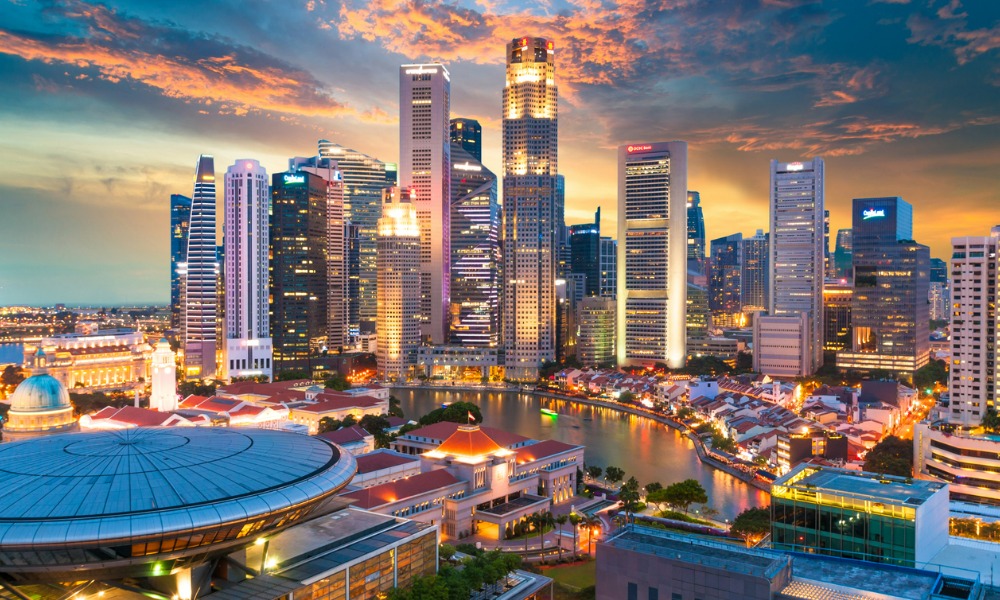
Worldwide cost of living 8.1 per cent higher than last year

Singapore has tied with New York as the world’s most expensive cities to live in.
They each have an index score of 100, based on a survey of the prices of over 200 goods and services in 172 cities worldwide, excluding Kiev, by the Economist Intelligence Unit (EIU).
High incomes and stronger exchange rate propelled the two cities to the top of the list, according to the Worldwide Cost of Living 2022 report.
Tel Aviv in Israel (99) came in third while Hong Kong tied with Los Angeles (98) for fourth in the list.
The Hong Kong government recently approved billions worth of wage subsidies for the months of May, June, and July for employers under the financial hub's 2022 Employment Support Scheme (ESS), according to Labour Secretary Chris Sun.
Zurich (94) and Geneva (91) in Switzerland; San Francisco, US (85); Paris (84); Copenhagen (83); and Sydney (83) completed the top 10 in the EIU list.
Employees across Singapore are considering finding a new job or taking on additional roles in order to keep up with the rising cost of living, according to a previous report.
And employers across Asia are advised to understand and adapt to the changing priorities of the workforce if they want to find and retain talent amid a tight labour market. Marc Burrage, managing director at Hays Asia, said employees are currently "re-evaluating their priorities and redefining work for themselves," as indicated by recent trends such as quiet quitting and the Great Resignation.
The worldwide cost of living for this year is 8.1 per cent higher, in local-currency terms, compared to last year, according to the EIU report.
This is the highest inflation rate recorded since digital Worldwide Cost of Living (WCOL) surveys began almost 20 years ago, according to the
Petrol prices have seen the most rapid increases, but utility and food prices have also increased sharply.
“However, high inflation is not the only factor that drives the WCOL’s annual ranking of the world’s most expensive cities,” says the EIU. “A stronger currency will tend to see a city rise in the rankings, as prices are higher when expressed in international common currency. Structural factors such as competition or high demand play a key role in determining the cost of living as well.”
Inflation and a cloudy economic outlook are taking a toll on the workplace, triggering anxiety and prompting professional employees to consider career changes or seek out higher-paying jobs, according to a recent survey.
And with the current economic climate, the workplace benefits enjoyed by APAC-based employees during the pandemic are at risk of being recalled, according to C-suite members.